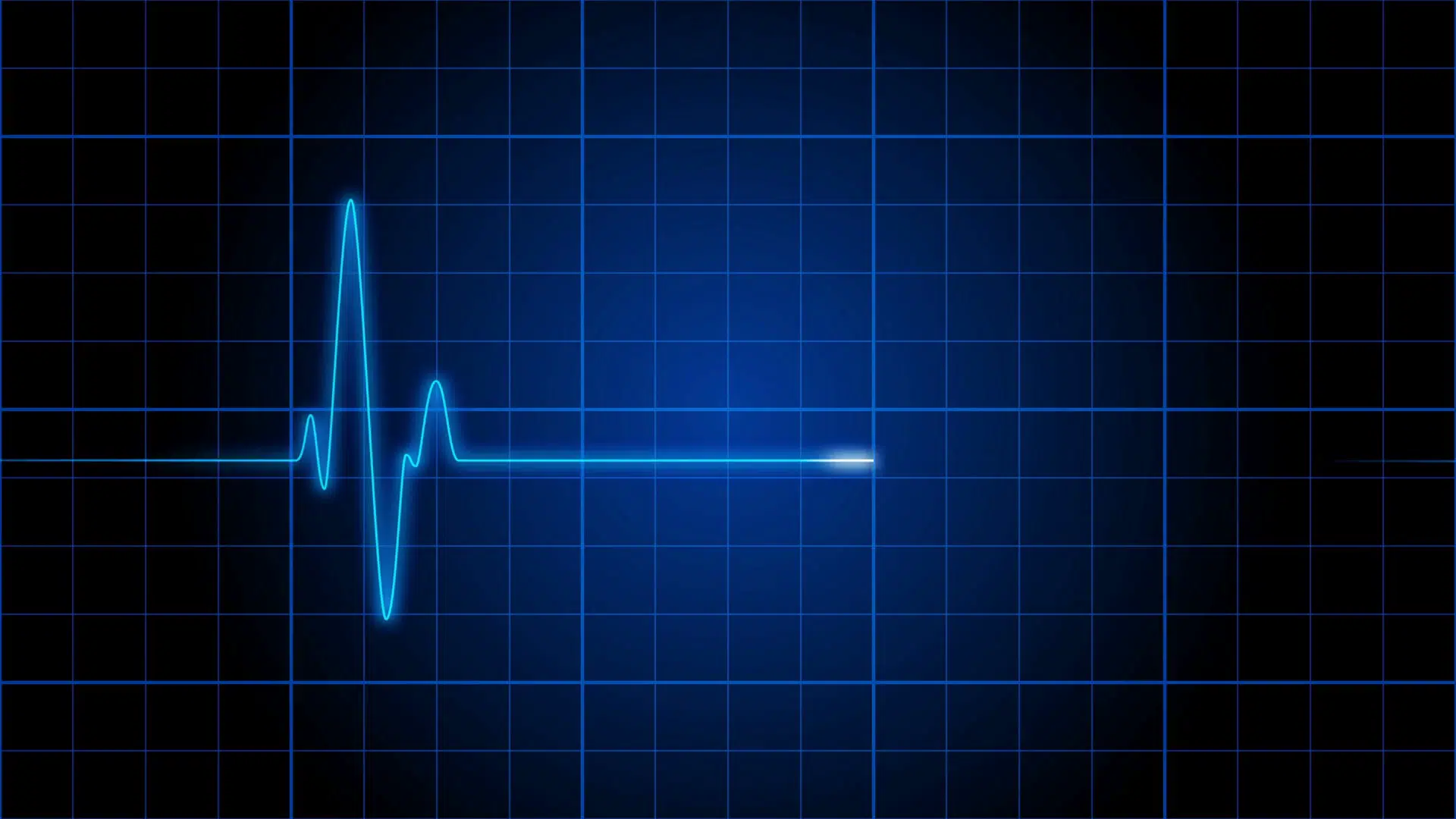
When am I dead?
WHEN I’M DEAD I won’t be writing these columns. But other than that, indication of my demise might not be certain. The problem is that our definitions of death vary according to legal, cultural, religious and philosophical perspectives.
There was some dispute about whether Taquisha McKitty of Brampton was dead. Doctors said she was but her parents disagreed. She went into cardiac arrest following a drug overdose and was declared neurologically dead. A death certificate was issued.
McKitty’s father said: “My daughter is not dead. She shows that every day.” He maintains that his daughter shows signs of life: squeezing the hands of loved ones and even shedding tears.
Whether she was living was finally decided through a court decision. A judge ruled that McKitty was, in fact, dead.


